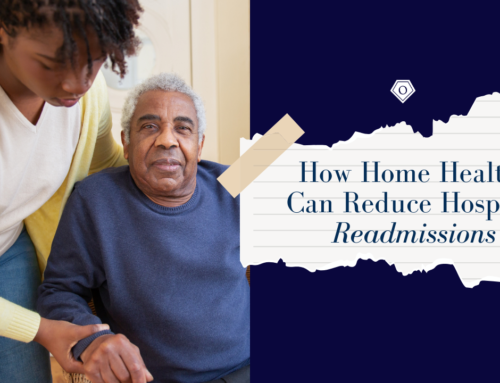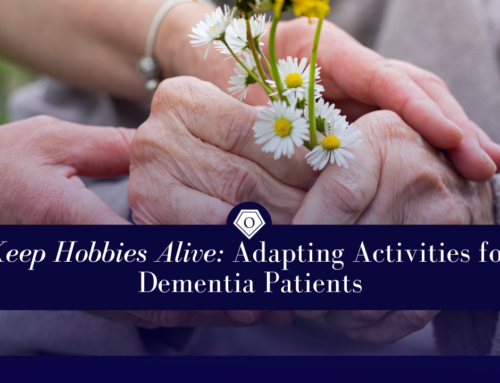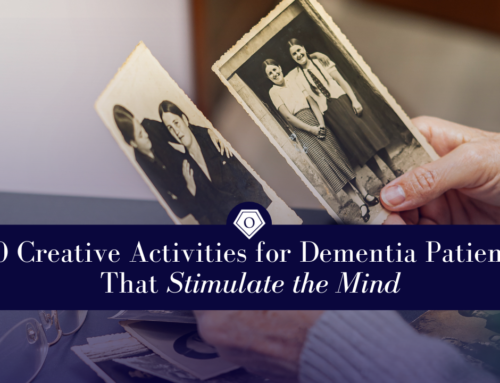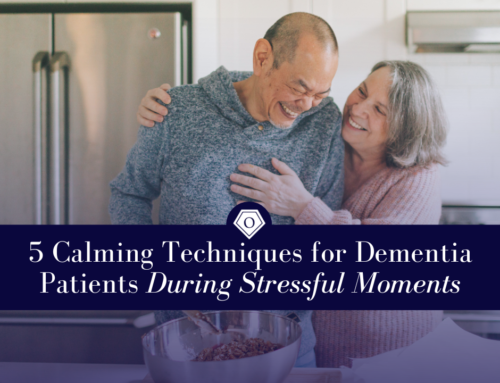Caregiving is an act of love, but it is also a long-term commitment that can affect every part of your life—physically, emotionally, mentally, and spiritually.
Whether you’re caring for a spouse with dementia, an aging parent, or a loved one recovering at home, the responsibilities can feel endless. Meals. Medications. Appointments. Emotional support. Paperwork. Safety concerns. Every day requires something new—and yet no one is checking in on you.
You may hear “You’re amazing for doing all this”—but even amazing people reach a breaking point.
What Caregiver Burnout Looks Like
Burnout doesn’t usually arrive all at once. It builds slowly over time and often goes unnoticed until you’re running on empty. Here are common signs:
Emotional Signs:
-
Feeling overwhelmed, hopeless, or helpless
-
Constant irritability, anxiety, or mood swings
-
Withdrawing from friends, family, or things you once enjoyed
-
Guilt over needing help or resenting your situation
Physical Signs:
-
Fatigue that doesn’t improve with rest
-
Trouble sleeping or sleeping too much
-
Frequent headaches, body aches, or illness
-
Changes in appetite or unexplained weight gain/loss
Behavioral Signs:
-
Trouble concentrating or staying organized
-
Avoiding responsibilities or procrastinating
-
Neglecting your own medical or emotional needs
If you recognize these signs in yourself, it’s time to take action—not just for your sake, but for your loved one’s too.
Coping Strategies to Protect Your Mental Health
The good news is that caregiver burnout can be managed—and often prevented—by making small, intentional changes. Here are ways to protect your mental and emotional health:
1. Take Regular Breaks
Schedule short periods of rest each day, even if it’s just 10 minutes of deep breathing or walking outside.
2. Stay Connected
Isolation increases emotional distress. Call a friend, join a support group, or reach out to a counselor who understands caregiver stress.
3. Move Your Body
Even light stretching or a 15-minute walk can improve your energy and mood by reducing stress hormones.
4. Set Boundaries
You can’t do everything. Learn to say “no” without guilt and focus your energy where it’s most needed.
5. Write it Out
Journaling can help process emotions, track patterns, and reconnect you to your “why.”
6. Prioritize Sleep and Nutrition
Your body and brain need fuel to function. Don’t let your basic needs fall to the bottom of your to-do list.
When It’s Time to Ask for Help
You don’t have to wait for a crisis to ask for help. In fact, the best time to reach out is before you’re overwhelmed. Consider asking for support when:
-
You’re missing your own doctor appointments or neglecting self-care
-
You feel emotionally numb or resentful
-
You’re relying on caffeine, sugar, or quick fixes to get through the day
-
You’re losing patience more quickly with your loved one
-
You find yourself thinking, “I can’t do this anymore”
How to Ask for Help—And Be Specific
Many friends and family members want to help but don’t know how. Vague requests like “I need support” are harder to act on than specific needs. Here’s how to make it easier:
-
Instead of: “I need help.”
Say: “Can you stay with Mom for two hours on Saturday so I can run errands?” -
Instead of: “It’s too much right now.”
Say: “Would you be willing to bring dinner one night next week?” -
Instead of: “I’m exhausted.”
Say: “Could you research adult day programs or respite services near us?” -
Instead of: “I’m not sleeping.”
Say: “Would you be able to help me organize a care schedule so I can take one night off a week?”
If you’re not sure who to ask, a home care agency like Onyx Home Care can fill those gaps with trusted, professional support.
Caregiver Relief Is Not a Luxury—It’s a Lifeline
This May, during Mental Health Awareness Month, we urge every caregiver to remember:
You are not a machine. You are not invisible. You are not failing.
You are human. And your mental health matters.
At Onyx Home Care, we offer flexible, personalized caregiver relief designed to give you space to rest, recharge, and recover—without guilt. Whether you need a few hours of help or regular support, we’re here for you and your loved one.
Need Caregiver Support?
Contact us today to learn how our in-home care services can provide peace of mind and relief—for you and your loved one.
Dementia & Alzheimer’s Care
Onyx Home Care’s neurological disorder care is built around a system of support. This service includes skilled home care as well as a unique program that centers on the patient’s interests and stage of illness. Our goal is to see happy family members, patients and caregivers. Often times, caregivers feel remote. Our team includes each person in the home care process to provide inclusive care that helps the patient thrive.






